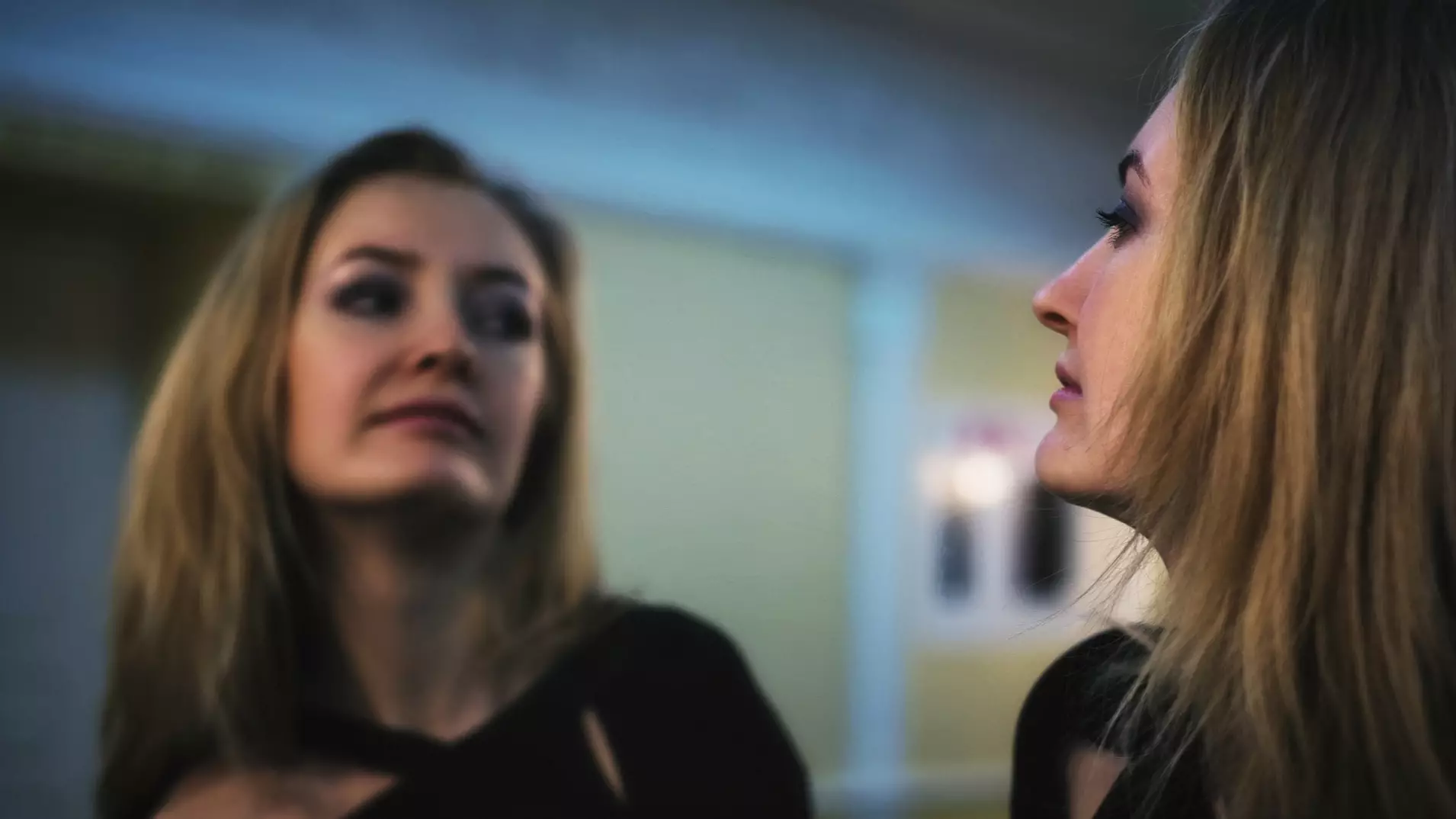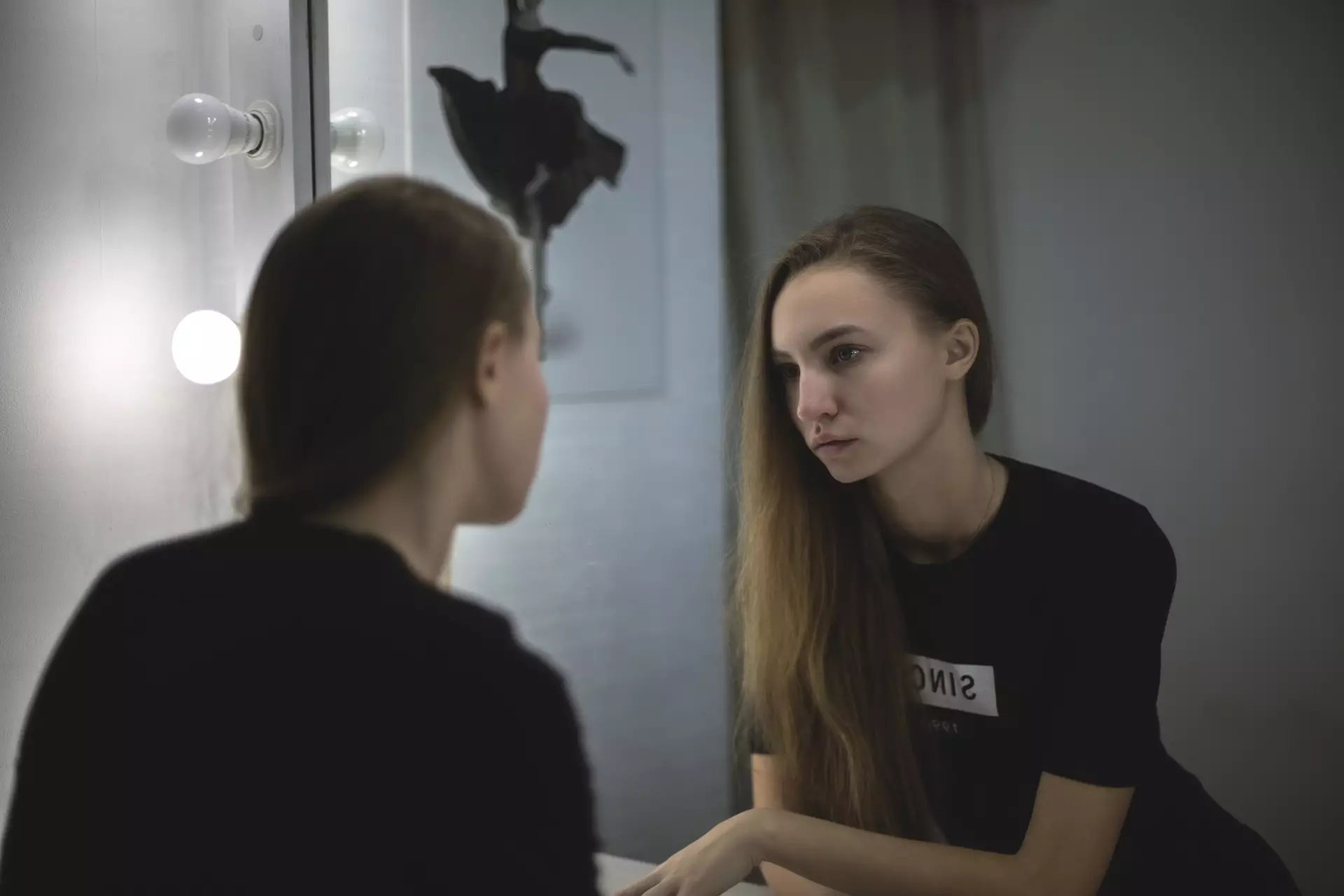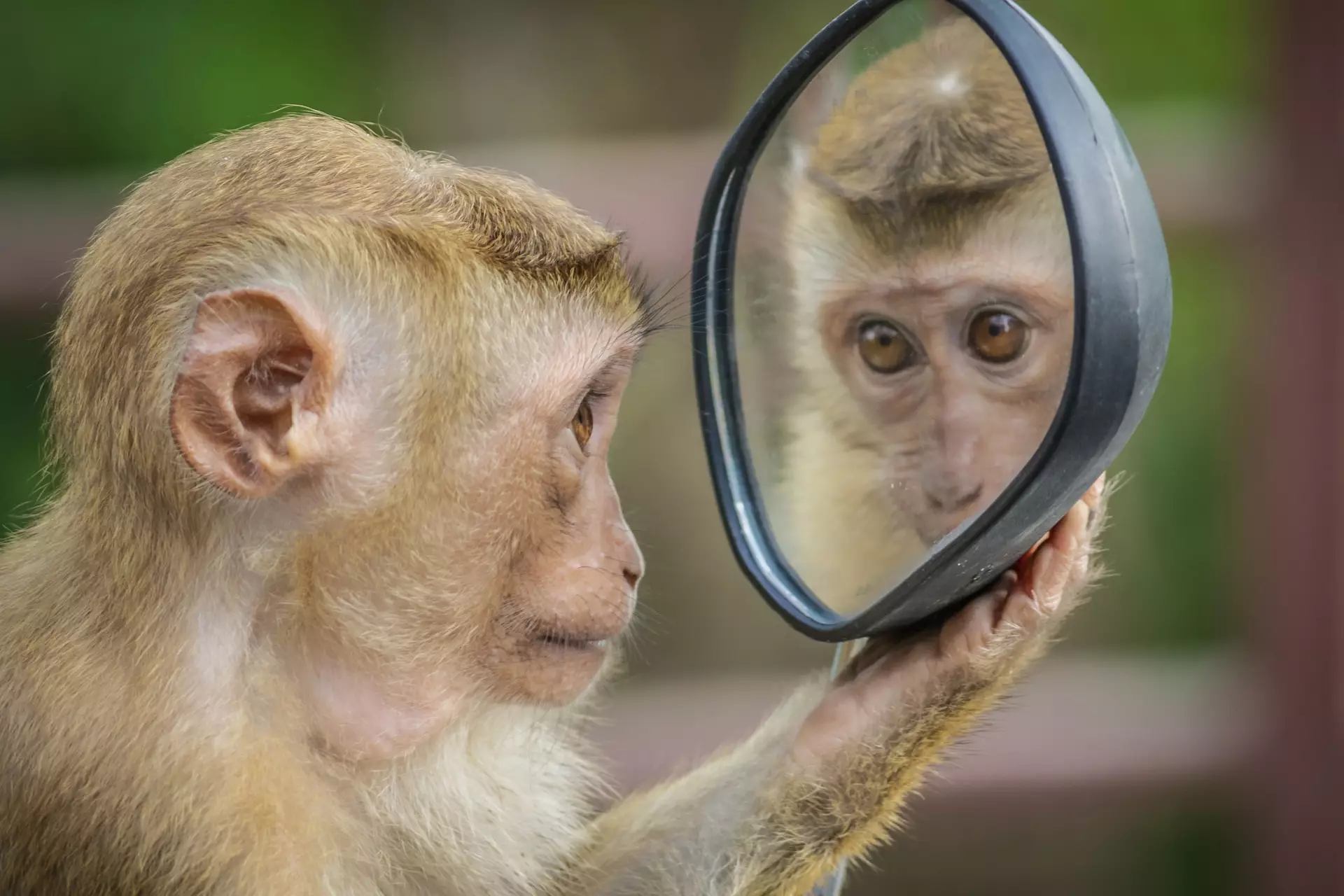
An expert has explained why our selfies sometimes look a bit strange to us, and it's basically because we don't actually know what we really look like. Weird, eh?
So if you've ever taken a photo of yourself and thought it didn't really look like you, it's because the image of you that you have in your head is not the same as what everyone else sees.
Basically, you're mainly used to seeing yourself in the mirror - an 'inverted' version of your face. So when a recent TikTok trend saw people flipping their selfies in order to see themselves as others would, many were in for something of a surprise.
Advert
In fact, according to expert Nicholas Epley, a professor of behavioural science at the University of Chicago Booth School of Business, you most likely think you're better looking than you actually are, which is surely bad news for all of us who already think we look pretty ropey.

Speaking to The Atlantic in 2014, Epley said: "The interesting thing is that people don't really know what they look like.
"The image you have of yourself in your mind is not quite the same as what actually exists."
Advert
Epley co-authored a study in 2008, which looked into how people perceive themselves and found 'that people recognise their own faces as being more physically attractive than they actually are'.
In the study, researchers made photos of participants' face appear more or less attractive in 10 percent increments - which they did by morphing their features to make them look more like conventionally good-looking people - and then asked them to identify their face out of the images.
Participants were most likely to choose the version of their face that was 20 percent more attractive as their real face.
The study's authors wrote: "Participants were more likely to recognise an attractively enhanced version of their own face out of a line-up as their own, and they identified an attractively enhanced version of their face more quickly in a line-up of distracter faces.

"This enhancement bias occurred for both one's own face and a friend's face but not for a relative stranger's face."
Advert
Epley added: "They're not wildly off, you don't think you're Brad Pitt.
"You're an expert at your own face, but that doesn't mean you're perfect at recognising it."
So there you go - you might think you know what you look like, but you probably don't and you're not as good looking as you think. Great.
Featured Image Credit: Alexandr Ivanov/PixabayTopics: Interesting